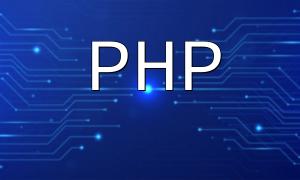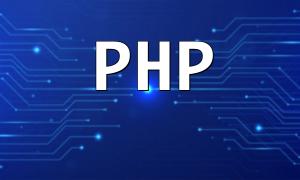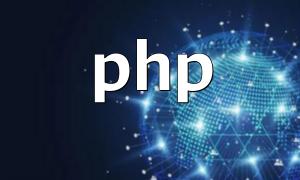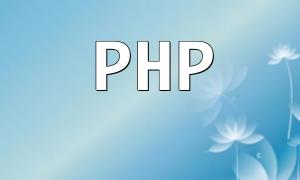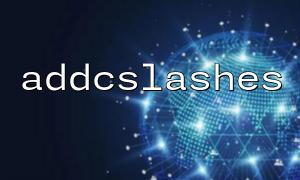With the continuous advancement of internet technologies, game development is no longer confined to localized solutions. Increasingly, games rely on cloud computing and web technologies. As a widely used backend development language, PHP frameworks have shown growing potential for integration in game development. This article provides an in-depth overview of how PHP frameworks can be combined with other game development technologies, offering new ideas and practical references for developers.
PHP is a popular server-side language, especially suited for quickly building dynamic web applications. Frameworks like Laravel, Symfony, and CodeIgniter offer rich features, support MVC architecture, and provide ORM, routing, session management, and security mechanisms, greatly improving development efficiency.
Laravel stands out with its clean syntax and powerful ecosystem. Its Blade templating engine and Eloquent ORM simplify database interactions and page rendering, making it an ideal choice for game backend development.
Game engines like Unity and Unreal Engine excel at graphics and physics simulations, while PHP handles backend logic and data management. Through RESTful APIs, PHP frameworks can efficiently exchange data with game engines.
// routes/api.php
Route::get('/game-data', 'GameController@getData');
<p>// app/Http/Controllers/GameController.php<br>
namespace App\Http\Controllers;<br>
use Illuminate\Http\Request;</p>
<p>class GameController extends Controller<br>
{<br>
public function getData()<br>
{<br>
// Simulate fetching game data from database<br>
$gameData = [<br>
'level' => 1,<br>
'score' => 1000,<br>
'playerName' => 'Player1'<br>
];<br>
return response()->json($gameData);<br>
}<br>
}<br>
On the Unity side, UnityWebRequest can be used to call this API, retrieve game data, and handle it to achieve frontend-backend data interaction.
Managing large amounts of user data and game states is critical in game development, requiring stable database solutions. Laravel provides powerful migration and seeding tools that simplify database operations significantly.
// Database migration example
use Illuminate\Database\Migrations\Migration;
use Illuminate\Database\Schema\Blueprint;
use Illuminate\Support\Facades\Schema;
<p>class CreateUsersTable extends Migration<br>
{<br>
public function up()<br>
{<br>
Schema::create('users', function (Blueprint $table) {<br>
$table->id();<br>
$table->string('name');<br>
$table->integer('score');<br>
$table->timestamps();<br>
});<br>
}</p>
{
Schema::dropIfExists('users');
}
}
CRUD operations on the database enable convenient management of user data and game progress.
To improve user experience, modern games often adopt a frontend-backend separated architecture. Combining WebSocket with PHP frameworks enables real-time interactions among players.
// Install Pusher service
composer require pusher/pusher-php-server
<p>// Configure WebSocket routes in BroadcastServiceProvider<br>
Broadcast::routes(['middleware' => ['auth:api']]);</p>
<p>// Broadcast events in controller<br>
event(new GameEvent($data));<br>
Using Laravel Echo, frontend applications can easily subscribe to and listen for events, enabling real-time message pushing and enhancing game interactivity.
By deeply integrating PHP frameworks with other game development tech stacks, developers can efficiently manage game backends while significantly improving development efficiency and user experience. The rich features and flexibility of PHP frameworks make them indispensable in game development. As cloud computing and frontend-backend separation concepts continue to spread, PHP’s role in game development is set to expand further. Developers should fully leverage these technologies to create richer and more interactive gaming experiences.

